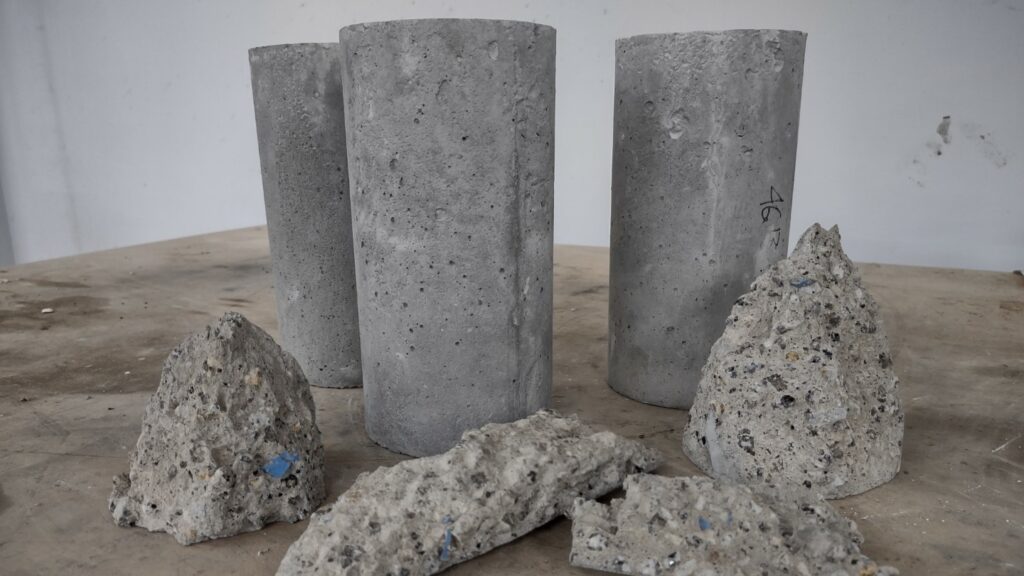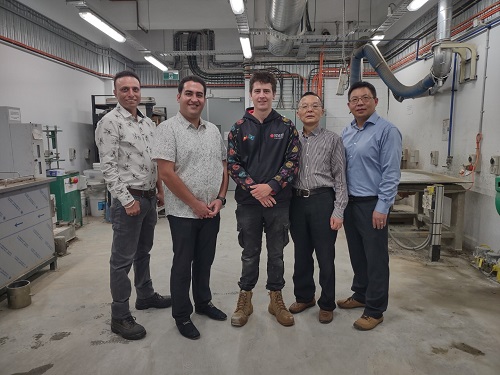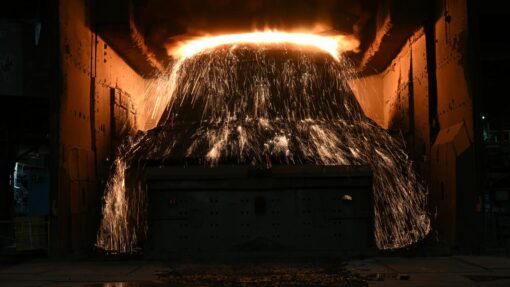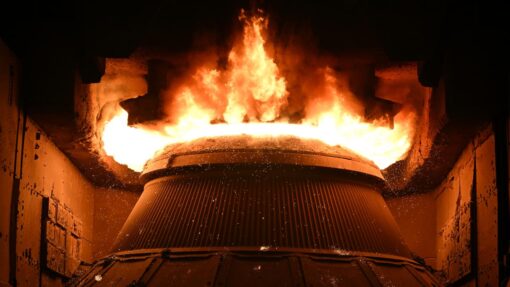Pandemic waste could be recycled to make concrete stronger
Richard Dinnen - Queensland Editor |

COVID-19 has challenged us in many ways, including how to dispose of the personal protective equipment (PPE) that’s an essential part of our pandemic response.
Engineers at RMIT University may have an answer – turn it into a building material, a product that strengthens structural concrete.
The team at RMIT School of Engineering has demonstrated the potential for recycling three key types of PPE, isolation gowns, face masks, and rubber gloves, into concrete.

Their studies found shredded PPE could increase the strength of concrete by up to 22 per cent and improve resistance to cracking.
Since the start of the COVID-19 pandemic, an estimated 54,000 tonnes of PPE waste has been produced around the world every day. About 129 billion disposable face masks are used and discarded every month.
First author, Shannon Kilmartin-Lynch, said an innovative approach is needed to address a major waste problem.
“We urgently need smart solutions for the ever-growing pile of COVID-19 generated waste.
“This challenge will remain even after the pandemic is over.
“Our research found that incorporating the right amount of shredded PPE could improve the strength and durability of concrete.”
Joint lead author, Rajeev Roychand, said construction industries have a big role in turning waste into a valuable resource.
“While our research is in the early stages, these promising initial findings are an important step towards the development of effective recycling systems to keep disposable PPE waste out of landfill.”
Research team leader, Jie Li, said PPE waste has a significant environmental impact.
“We have all seen disposable masks littering our streets, but even when this waste is disposed of properly it all ends up in landfill.
“With a circular economy approach, we could keep that waste out of landfill while squeezing the full value out of these materials to create better products. It’s a win on all fronts.”



